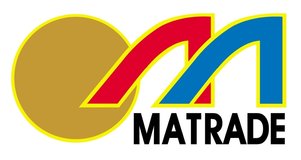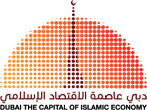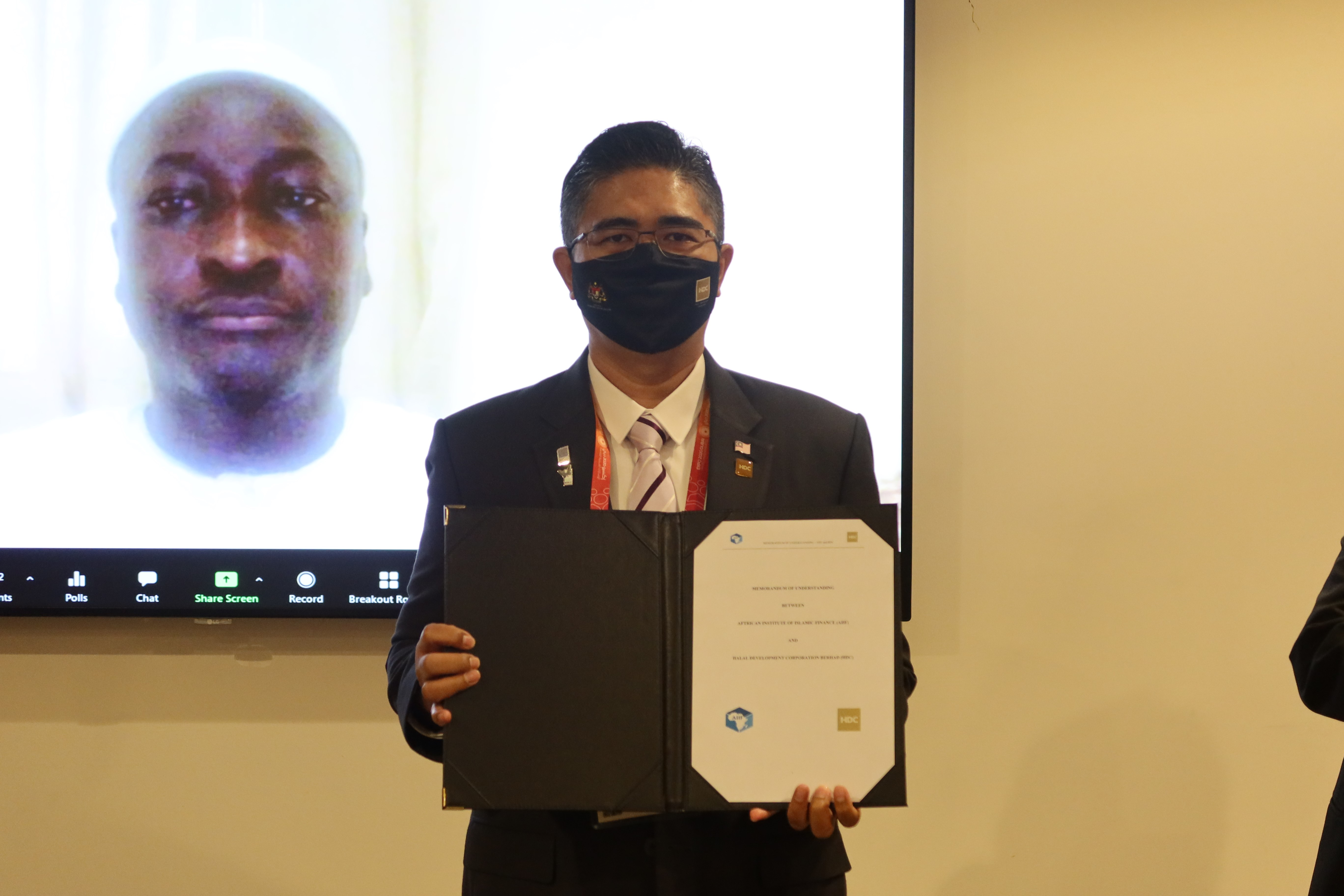 WAM Dubai, 15th June, 2013 – Dubai Exports, the export promotion agency of the Department of Economic Development (DED), has recently showcased the emirate’s expertise and resources in Islamic economic services to the business community in Toronto and Vancouver across a series of seminars conducted with the support of the Canadian Embassy in the UAE and the provincial governments of Ontario and British Columbia.
WAM Dubai, 15th June, 2013 – Dubai Exports, the export promotion agency of the Department of Economic Development (DED), has recently showcased the emirate’s expertise and resources in Islamic economic services to the business community in Toronto and Vancouver across a series of seminars conducted with the support of the Canadian Embassy in the UAE and the provincial governments of Ontario and British Columbia.
The seminars were part of Dubai Exports’ activities to promote the service sector in the emirate to global markets and follow on from similar activities conducted in Australia, Indonesia, France and Germany.
The seminars, jointly organised by Dubai Exports and Borden Ladner Gervais LLP, a prominent Canadian legal firm, focussed on encouraging linkages between Islamic financial and advisory firms in Dubai and their counterparts in Canada. Participants in the seminar also discussed the changes required in Canada’s taxation and regulatory system to enable Islamic financial products to be treated on a par with conventional financial products.
“As the leaders and pioneers in the sector with the first recognised Islamic bank, the first Islamic stock exchange, most number of Islamic bonds, or sukuks, listed and the largest ever sukuk issued, our firms have the required expertise to channel this sector in Canada,” said Sami Al Qamzi, Director General of DED.
“Canada, with a Muslim population of about 1.3 million, or 3.2% of the population, is an attractive market for Dubai’s Islamic financial firms. It is estimated that the annual household purchasing power of Canadian Muslims is in excess of C$3.3bn (Dhs11.7bn). Islamic Finance is not only limited to Muslims but is also popular among non-Muslims as is the case in Dubai,” stated Sa’ed Al Awadi the CEO of Dubai Exports.
Statistics show that global Islamic banking assets have grown approximately 10% per annum from the mid 1990s when they were about $150bn. Today, global Islamic financial assets stand at approximately $800bn. Industry experts claim that over the next decade the sector may reach $4 trillion. In fact, some areas of Islamic finance, such as insurance or takaful, has been doubling in size each year since 2002.
The growth of Islamic financial services is being driven by growing Islamic populations, which also enjoy a rapid rise in purchasing power, due to better education and employment opportunities. Financial engineering and innovation in the provision of Islamic financial products and services have further bolstered sector growth.
From interest-free bank accounts Islamic finance has also diversified into a whole spectrum of products such as fund of funds, exchange traded funds, hedge funds and real estate investment trust, which are all gaining widespread acceptance as well as government financing, infrastructure funding and private public projects.
The seminars also discussed the recently announced vision of His Highness Sheikh Mohammed bin Rashid Al Maktoum, UAE Vice President and Prime Minister and Ruler of Dubai for Dubai to become the global capital of the Islamic economy. This will give Dubai access to a global market for Islamic products valued at more than $2 trillion.
The worldwide halal food market alone is worth an estimated $650bn or close to 17% of the global food industry, presenting a major global opportunity. The halal cosmetics market is estimated at $13bn and is growing at a compound annual rate of about 12% while halal pharmaceuticals is also estimated to be worth as much as $500bn.
Jeffrey Graham, head of the Borden Ladner Gervais LLP’s Islamic Finance practice, praised Dubai Exports’ initiative, and said: “There is a great opportunity for Canada in partnering with Dubai’s Islamic finance firms to enhance its own efforts to become the North American Centre for Islamic Finance. In addition, we see tremendous opportunities to connect the sophisticated financial and business communities in Dubai with leading edge Canadian technology companies and entrepreneurs in such areas as clean tech, life sciences, advanced materials and information technology, which are all shari’a compliant.” WAM/TF



